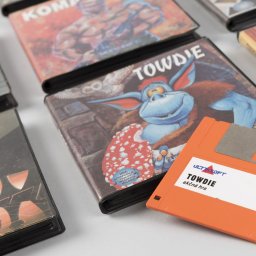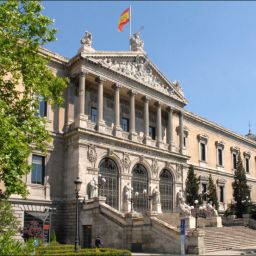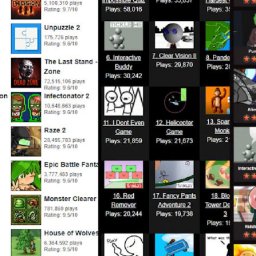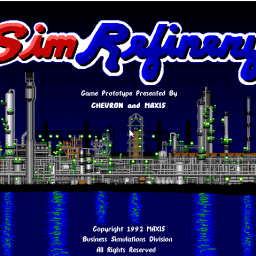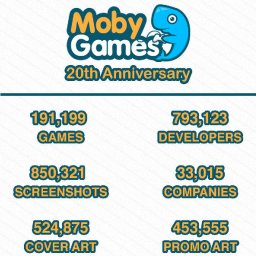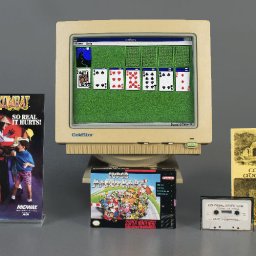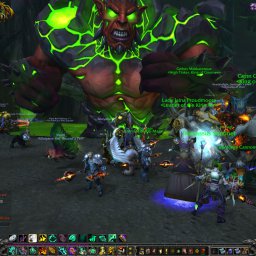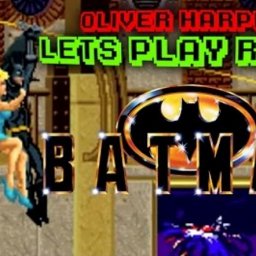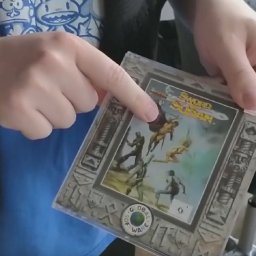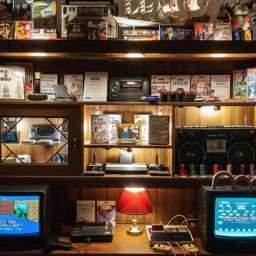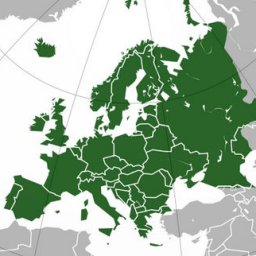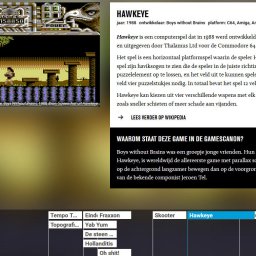
Behind the Iron Curtain, in the Eastern Bloc, there was scarcity of home computers and absence of hardware and software markets. Yet, Czechoslovakia hosted a remarkably active DIY microcomputer scene in the 1980s, producing more than two hundred games that were by turns creative, inventive, and politically subversive. Jaroslav Švelch, assistant professor at Charles University, Prague, provides insight to the social history of gaming and game design in 1980s Czechoslovakia.
This presentation was hosted at Collaborative Game Histories seminar at Finnish Museum of Games, Tampere, Finland. The museum is member of EFGAMP.
Video provided by Checkpoint TV.
More videos from this event.
Jaroslav Švelch is an assistant professor at Charles University, Prague. He is the author of the recent monograph Gaming the Iron Curtain: How Teenagers and Amateurs in Communist Czechoslovakia Claimed the Medium of Computer Games (MIT Press, 2018). He has published work on history and theory of computer games, on humor in games and social media, and on the Grammar Nazi phenomenon. He is currently researching history, theory, and reception of monsters in games.
Gaming the Iron Curtain – How Teenagers and Amateurs in Communist Czechoslovakia Claimed the Medium of Computer Games
Švelch describes how amateur programmers in 1980s Czechoslovakia discovered games as a medium, using them not only for entertainment but also as a means of self-expression. Sheltered in state-supported computer clubs, local programmers fashioned games into a medium of expression that, unlike television or the press, was neither regulated nor censored. In the final years of Communist rule, Czechoslovak programmers were among the first in the world to make activist games about current political events, anticipating trends observed decades later in independent or experimental titles. Drawing from extensive interviews as well as political, economic, and social history, Gaming the Iron Curtain tells a compelling tale of gaming the system, introducing us to individuals who used their ingenuity to be active, be creative, and be heard.
Event description: A two day seminar focusing on issues related to game history research and preservation. The seminar deals particularly with issues related to exploring various aspects of collaborative practices related to game heritage process, involving not only academics but also collectors, hobbyists, participatory historians, retrogamers, as well as educators, GLAM space experts and other cultural institutions’ professionals.


